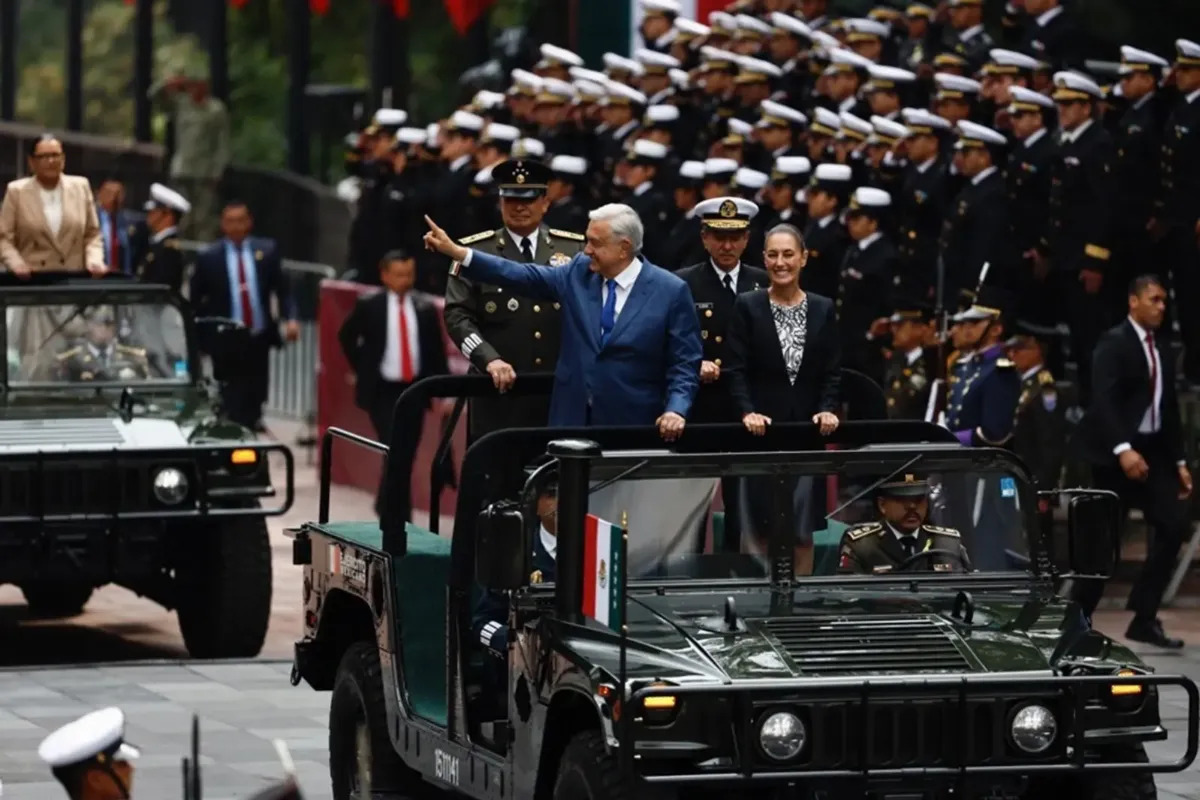
Mexico president enacts contested law to elect all judges
Mexican President Andres Manuel Lopez Obrador signed a controversial judicial reform into law on Sunday, making Mexico the first country to elect all its judges by popular vote. The reform has triggered widespread protests domestically and raised concerns among international trade partners and investors.
Lopez Obrador praised the move as a step toward eradicating corruption in the judiciary, stating, "We need justice for everyone... for there to be no corruption in the judiciary." He was joined by president-elect Claudia Sheinbaum, who will assume office on October 1, after the ruling coalition's landslide victory in June.
However, the reforms have faced strong opposition. Protesters disrupted Senate sessions during the debate, while critics argue that the changes could undermine the judiciary's independence and make elected judges susceptible to political influence and criminal pressure.
Diplomatic tensions have also arisen, with the United States and Canada expressing concern over the reforms' potential to damage investor confidence in Mexico’s legal framework. U.S. Ambassador Ken Salazar warned the changes could pose a "major risk" to Mexican democracy.
The first judicial elections for federal judges, including Supreme Court justices, are scheduled for June 2025.







